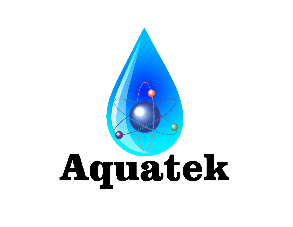What really, is hard water?
What really is hard water?
Q: What really is hard water?
A: Hard water is, water that contains dissolved calcium and magnesium that can be measured in grains per gallon.
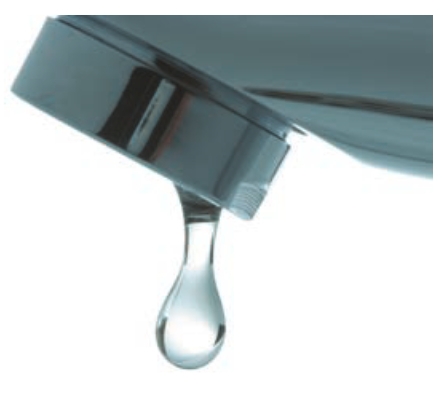
However, keep in mind, there may be other contaminants in the water as well. Why do we say contaminants? Are calcium and magnesium contaminants? Well, yes they are! Water is H2O in it’s pure form (Dihydrogen oxide) containing no contaminants.
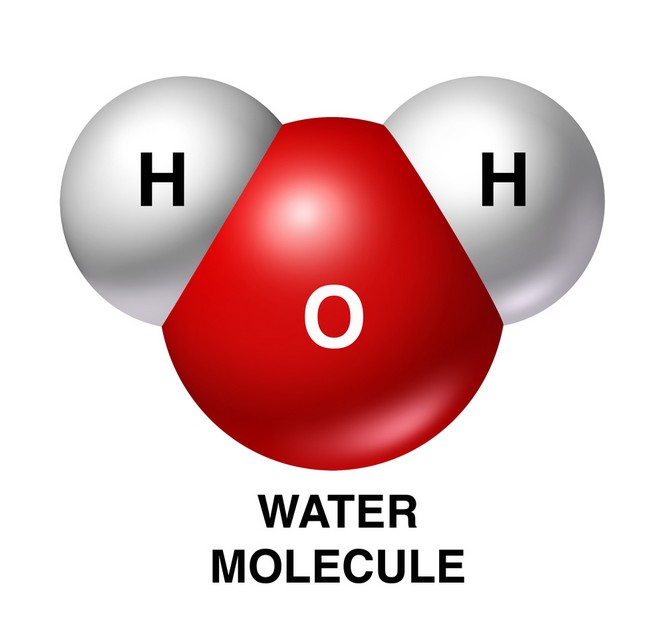
Water = two atoms of Hydrogen and 1 atom of Oxygen
Therefore, if H2O is water then, Calcium (Ca) and Magnesium (Mg) would be contaminants to water as well as, any other contaminate found in the water.
There is no degree of how soft water is but, hardness can be measured in grains. When water is referred to as being soft, it means there is no calcium and magnesium (what makes the water hard) in the water. When someone says the water is too soft, they don’t understand, this is an impossibility because, you can’t take more calcium and magnesium than what is present.
People that say water is too soft are not accustomed to not having soap scum clinging to their skin. Soap scum is the white solid composed of calcium stearate, magnesium stearate, and waste products that results from the addition of soap to hard water. Since, hard water contains calcium or magnesium ions, they react with the fatty acid component of soap to give what are technically called lime soaps:
2 C17H35COO−Na+ + Ca2+ → (C17H35COO)2Ca + 2 Na+
In this reaction, the sodium ion in soap is replaced by calcium ions to form insoluble compounds. Lime soaps are ineffective in washing dishes or clothes or hair. Thus, hard water needs large amounts of soap to overcome the hardness and form a lather. When hair washing, the soap scum sticks in the hair, on the skin and other contact surfaces.
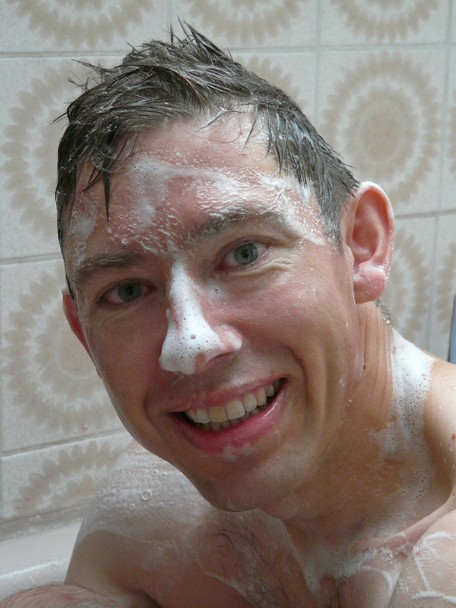
Although soap scum is generally considered a nuisance, its components, calcium stearate and magnesium stearate, when produced intentionally, are very useful materials in the polymer and pharmaceutical industries. However, soap scum on vinyl shower curtains and other contact surfaces may have a rich microbial biofilm, containing potentially pathogenic bacteria.
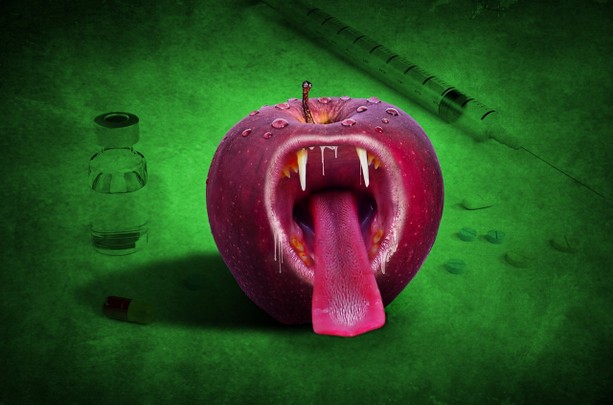
Soap scum can also clog the pores of the skin and block oxygen. Clogged pores can also result in acne complications. When water is soft there is no binding effect and soap rinses away without effort. There is a slippery feeling one gets after showering with soft water and people new to soft water feel the soap will not rinse off when, actually, the soap is gone. The slippery feeling is your clean skin with it’s natural oils.

